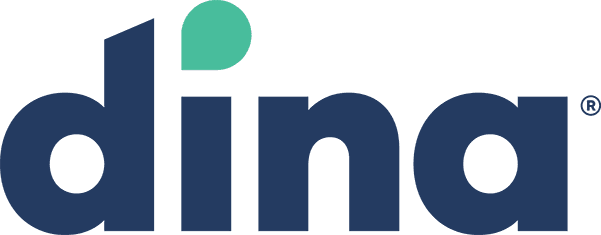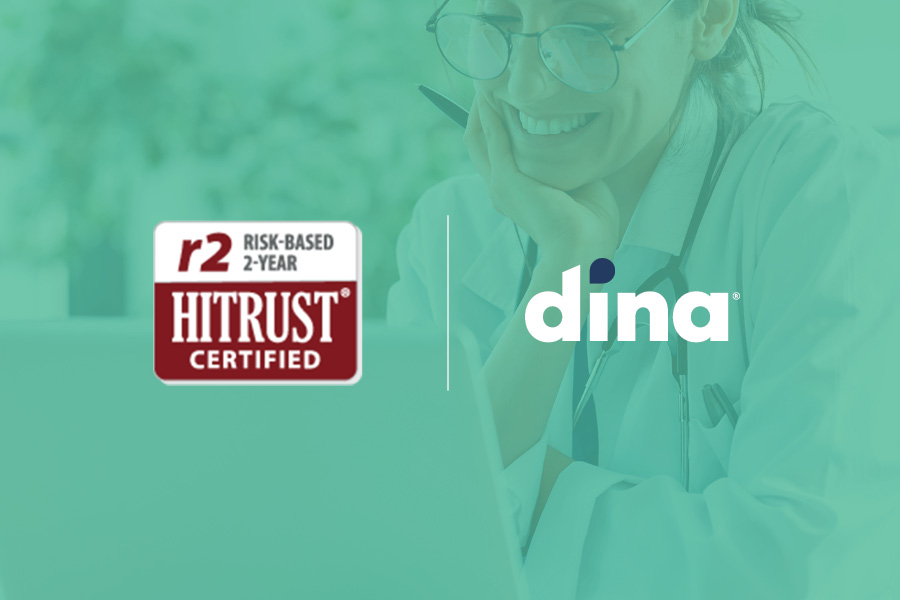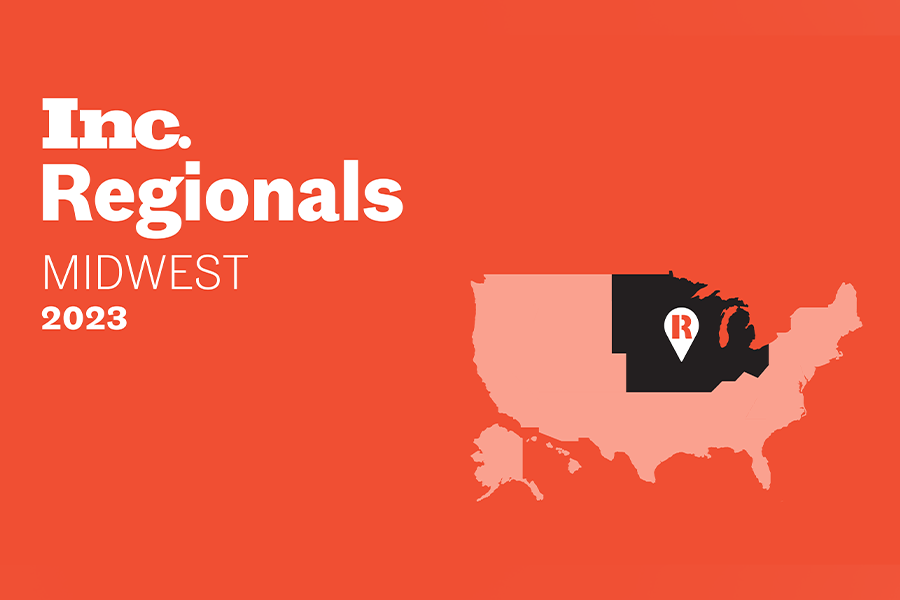Caring for an elder family member can be stressful. According to a recent study, there are nearly 15 million unpaid and untrained family caregivers for older adults in the U.S. Half spend nearly 30 hours a week providing care to relatives, many of whom have dementia. The work takes its toll. Here are five tips to help manage the load:
Embrace technology. New technologies can help you care for loved ones and help them stay safely in their homes. Sensors, voice activation, GPS, and Bluetooth-enabled smart phone apps, tablets, computers and cameras can help you monitor a parent from your own home. Smart appliances, TVs, computers, doors, heating, air conditioning, and audio and video systems can be voice-activated and controlled remotely, making it easier to manage daily tasks. According to the Caregiver Action Network, people who are socially isolated are more vulnerable to depression and other health issues. Video chats can connect grandchildren and grandparents wherever they live. Families can stay in touch by sharing videos, photos and email and text messages.
Know your resources. Most communities have services to help caregivers. Depending on where you live, the cost may be based on your ability to pay or covered by the care receiver’s insurance. Services that may be available in your community include adult day care centers, home health aides, home-delivered meals, respite care, transportation services, and skilled nursing. Groups like the Caregiver Action Network, Family Caregiver Council, Rosalynn Carter Institute for Caregiving, U.S. Department of Health and Human Services, AARP and AGIS can help you find the best fit.
Leverage local support. Call your local senior center, county information and referral service, family services, or hospital social work unit for local caregiver support. Advocacy groups for the disorder your parent is suffering from may also be able to recommend local services. Contact your local Area Agency on Aging for help understanding your financial options. The Interfaith Caregivers Alliance (ICA) works with congregations to find volunteers who can visit homes, allowing caregivers some time off. The ICA operates more than 1,000 programs in every part of the country.
Be prepared. Organize medical and financial documents so they’re up-to-date and easy to find, including medical history, medication list and insurance, bills, mortgage papers, insurance policies, income tax returns. Make sure legal documents are in order, including will, power of attorney and trust documents.
Improve communication with the care team. Stay on top of your family member’s progress, no matter where you live. Prepared Health’s Dina network, a HIPAA-compliant platform, helps foster communication among doctors, home health agencies, family members and other providers on the care team. Similar to social networks, a patient’s progress can be updated and quickly shared with the entire team. The platform saves time and eliminates the back-and-forth of phone calls and messages to and from patients and families, according to Lillian Funk, co-owner of Assisting Hands, an in-home care provider in Ashburn, Virginia. “It saves families a ton of time and gives them piece of mind,” she says. “When the family is engaged, we can deliver better care and provide a better patient experience.”




